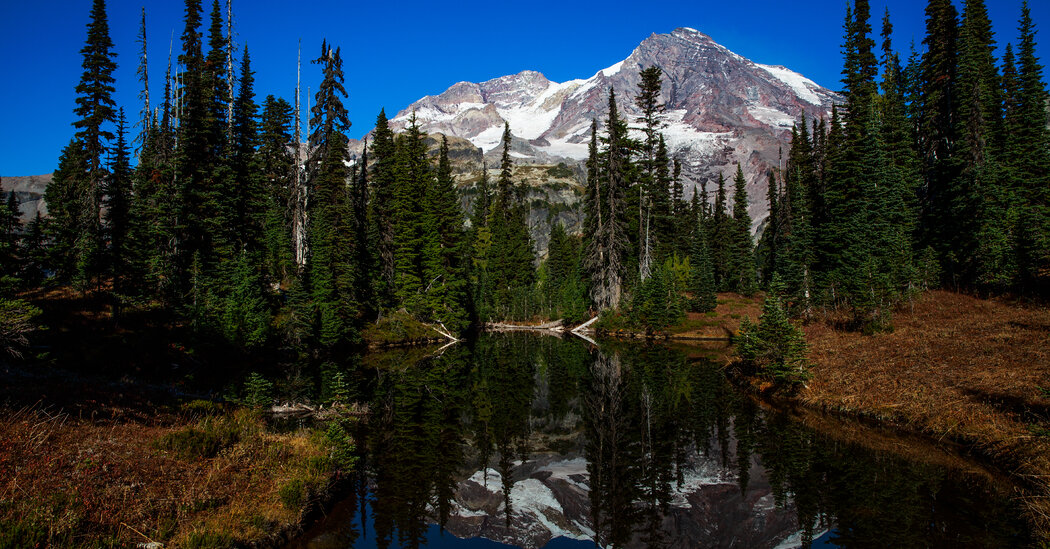
In 2023, the seashores, lakeshores, battlefields, historic sites, monuments and more that make up the National Park Service had 325.5 million visits, an increase of 4 percent from the year before.
The National Park Service director, Charles F. Sams III, praised the surge of interest in “learning our shared American story throughout the hidden gems of the National Parks System.”
Expecting an even greater turnout in 2024, the Park Service and Recreation.gov, the booking platform for federal land reservations, have implemented new measures to streamline the park experience, manage overcrowding and safeguard the environment.
More parks are requiring reservations
To better avoid congested trails, packed parking lots and overflowing trash cans, additional parks are joining Rocky Mountain, Arches and Glacier National Parks this year in requiring day-use permits, timed entries and other reservations for travelers who wish to visit, particularly during peak hours, holidays and the parks’ high seasons. Yosemite National Park is reinstating a timed-entry system it instituted in 2020, but paused in 2022.
Many park enthusiasts expressed mixed feelings about the reservation policies, with some lamenting a lack of first-come, first-served campsites while others find comfort in knowing they have a confirmed booking. As nearly 75 percent of visitors each year descend on national parks from May to October (and often on weekends), park officials stand by the system.





